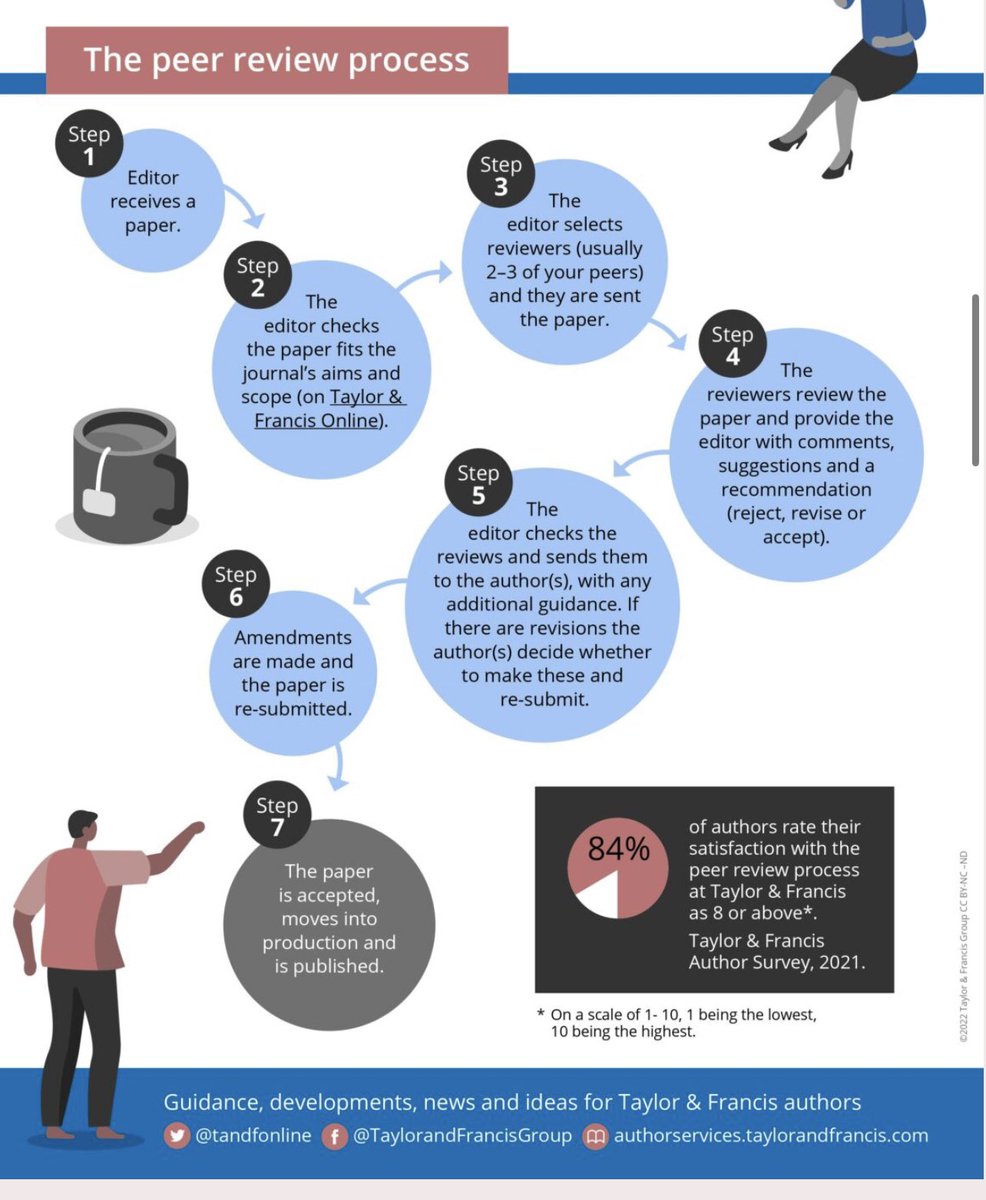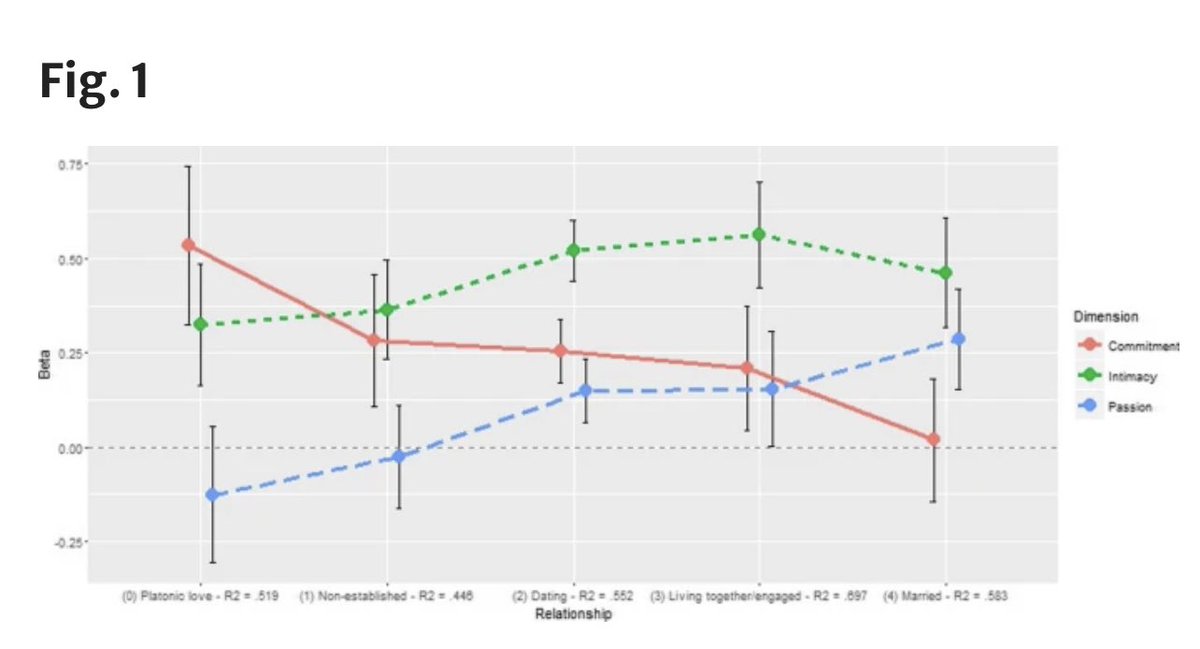
MSc Cognitive and Behavioral Neuroscience. Research interests in attractiveness & dating. YT - alex.datepsych. https://t.co/j8k9vdR6IF
10 subscribers
How to get URL link on X (Twitter) App




 As I have written in the past, the manosphere has drifted away from male self-improvement, how to be more “alpha,” and the PUA or dating-focused communities of yesteryear.
As I have written in the past, the manosphere has drifted away from male self-improvement, how to be more “alpha,” and the PUA or dating-focused communities of yesteryear.



 We made a scale with three subscales.
We made a scale with three subscales. 



 Women who have an orgasm with a short-term partner are more likely to go on to have sex with them again in the future.
Women who have an orgasm with a short-term partner are more likely to go on to have sex with them again in the future.

 Nope men aren’t demanding that. Lowest on the list:
Nope men aren’t demanding that. Lowest on the list: 





https://twitter.com/mixtapeminimus1/status/1712495446977913039Part 2:
https://twitter.com/mmanomaly/status/1712604667447022057



https://twitter.com/reddit_lies/status/1709601269768491263Usually we see the opposite: people “let themselves go” in relationships and see a concurrent decline in sexual activity and relationship satisfaction.

 This model of love - Sternberg’s triangular theory of passion, intimacy, and commitment - can explain a large degree of variance in relationship satisfaction.
This model of love - Sternberg’s triangular theory of passion, intimacy, and commitment - can explain a large degree of variance in relationship satisfaction. 

https://twitter.com/_rian_stone/status/1707447989621379537What factors predict having a long string of short duration relationships?

 Some people are simply more sensitive to taking risks.
Some people are simply more sensitive to taking risks.
https://twitter.com/datepsych/status/1703447741848834384People always say “he/she should have broken up with them first.” I get it - I’m not trying to dispute it. We have a norm.

 These are some examples from some popular heterosexual female-authored erotic novels:
These are some examples from some popular heterosexual female-authored erotic novels: 





 More broadly outside the scope of this paper: a lot of guys really could benefit from being more of a "bad boy," taking more risks, being more masculine, etc.
More broadly outside the scope of this paper: a lot of guys really could benefit from being more of a "bad boy," taking more risks, being more masculine, etc.

 Consistent with the mate switching hypothesis in this study. An equal number of men and women reported infidelity, but:
Consistent with the mate switching hypothesis in this study. An equal number of men and women reported infidelity, but: